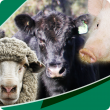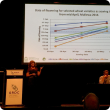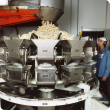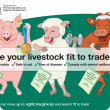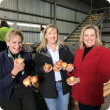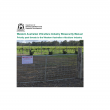Filter by regions:
- (-) Remove Great Southern filter Great Southern
- (-) Remove Mid West filter Mid West
- South West (317) Apply South West filter
- Wheatbelt (294) Apply Wheatbelt filter
- Peel (287) Apply Peel filter
- Goldfields-Esperance (270) Apply Goldfields-Esperance filter
- Perth regions (255) Apply Perth regions filter
- Gascoyne (207) Apply Gascoyne filter
- Kimberley (172) Apply Kimberley filter
- Pilbara (171) Apply Pilbara filter

